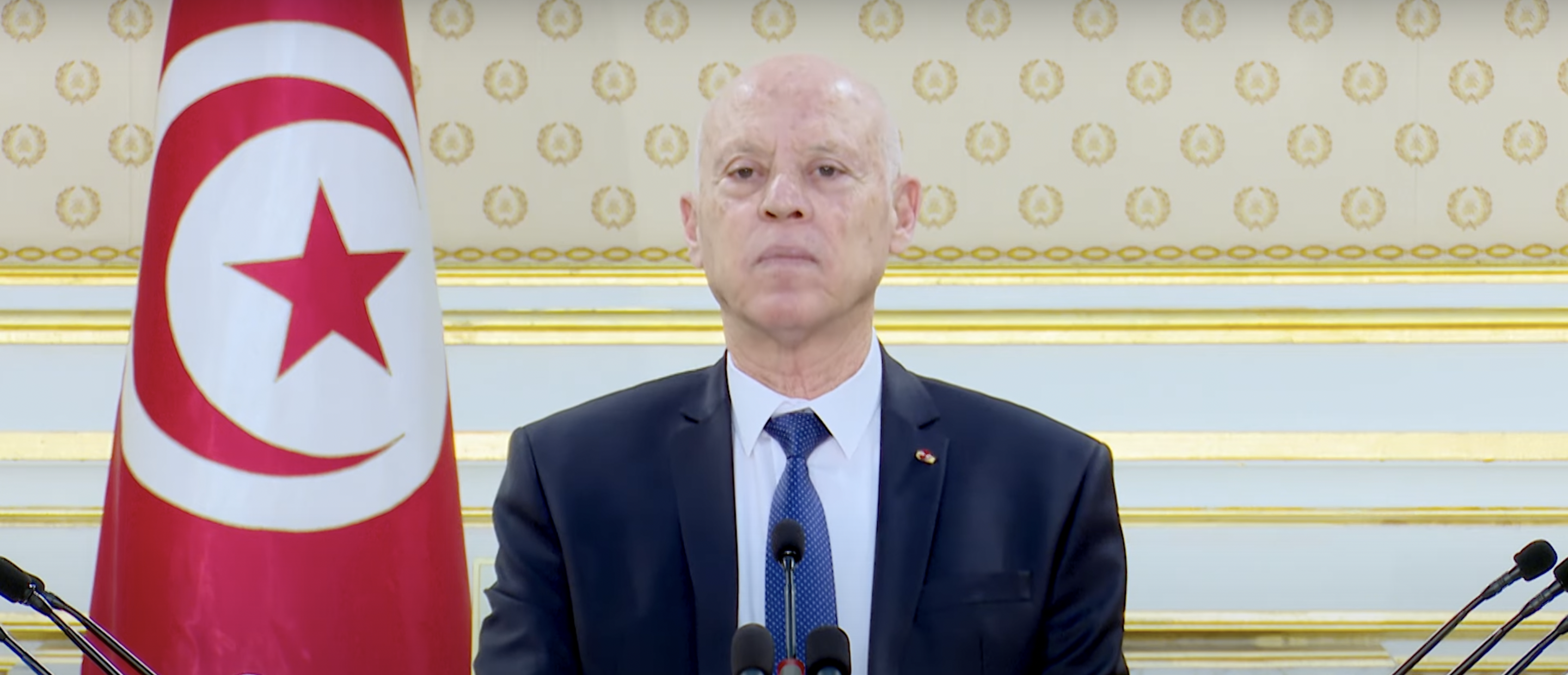The President’s decision to unilaterally dismiss 57 judges is an affront to the rule of law and judicial independence in Tunisia and must be reversed, said the International Commission of Jurists today.
(Ce communiqué de presse et également disponible en français / هذا البيان متوفر باللغة العربية)
Yesterday, President Saied issued Presidential Decree 35 empowering himself to unilaterally dismiss any judge based on vague, undefined criteria, without due legal process or the possibility to appeal the decision before a court. He then immediately dismissed 57 judges under Presidential Order 516, including the President of the former High Judicial Council, Youssef Bouzakher.
The ICJ stressed that the Decree was in violation of the core rule of law principle of separation of powers, in that it encroaches on both the authority of the judiciary to administrate itself and of Parliament to establish the legal framework within which the administration of justice operates in the country.
Rather than establishing any evidentiary basis for the action for the dismissal through open and fair proceedings, conducted by an independent body, the decision appears to have been based on vague allegations of corruption and misconduct, unsubstantiated through procedures undertaken through due process.
“The mass dismissal of judges by presidential decree, without any process or possibility to appeal, effectively ends any semblance of judicial independence and the rule of law in Tunisia” said Said Benarbia, director of the ICJ MENA programme. “The President says that he is taking these steps to preserve the reputation and independence of the judiciary, but his actions do the exact opposite.”
Under international standards, all disciplinary, suspension or removal proceedings against judges must be determined by an independent body and should be undertaken under judicial, not executive auspices. Dismissal must be in accordance with established standards of judicial conduct and procedures that guarantee the rights of judges to due process, including their right to be presumed innocent, to defense and to appeal.
“Because no judge is safe in Tunisia today, the rights and freedoms of Tunisians are also not safe,” added Benarbia. “The international community must repudiate arbitrary dismissals of judges and call for a return to the constitutional order, including through reinstating of an independent high judicial council.’
Context
Tunisia’s democracy is in crisis. Since 25 July 2021, President Saied has suspended most of the constitution, empowered himself to rule by decree, dissolved the parliament, and subordinated the High Judicial Council to his control.
Contact
Said Benarbia, Director of the ICJ’s Middle East and North Africa Programme, email: said.benarbia(at)icj(dot)org, phone number: +41-22-979-3817
Asser Khattab, Research and Communications Officer at the ICJ’s Middle East and North Africa Programme, email: asser.khattab(at)icj(dot)org




